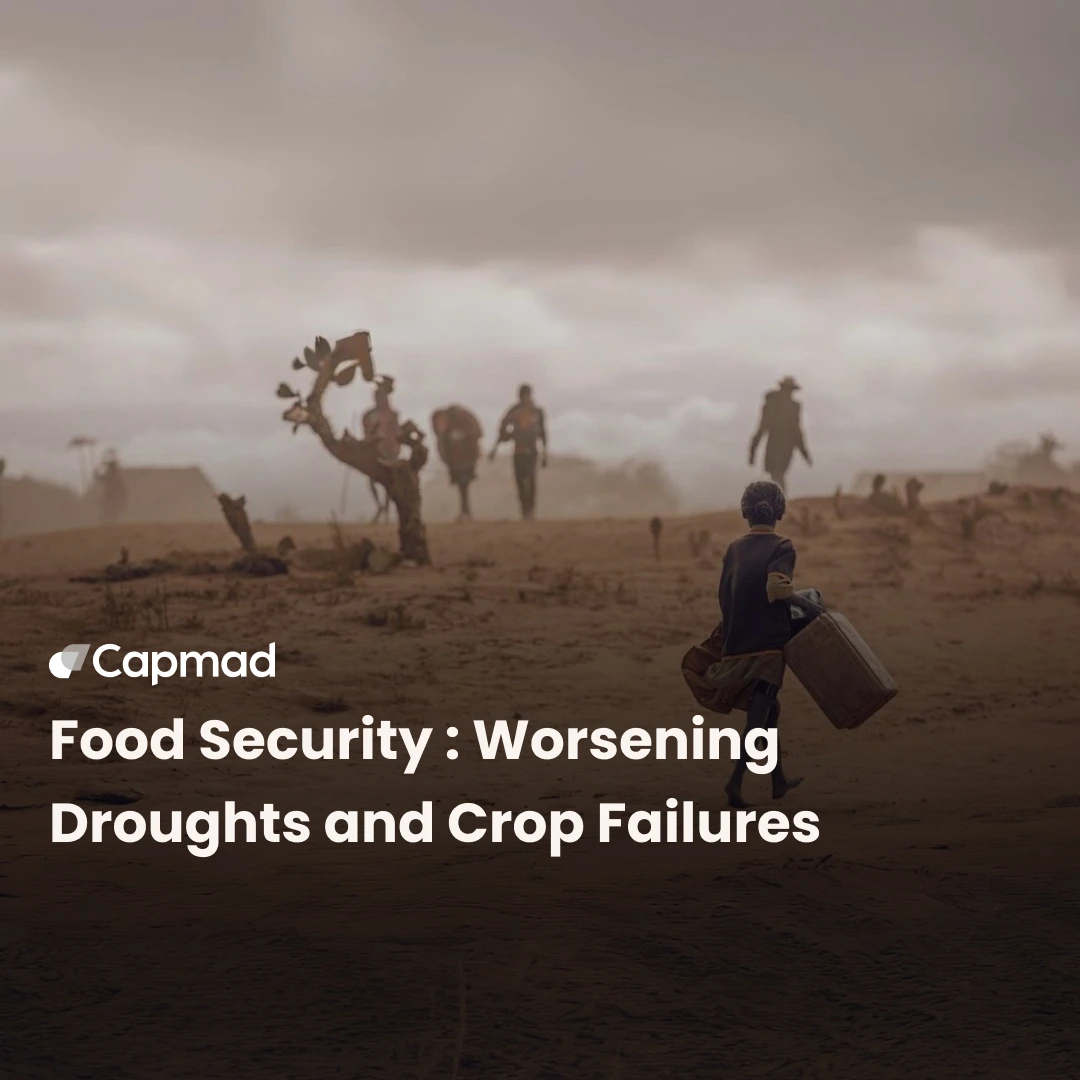With just six years left until the United Nations’ deadline for achieving the Sustainable Development Goals (SDGs), progress globally is concerning, particularly in many African countries that still face significant challenges in reaching these goals.
Efforts to achieve the SDGs
Since their adoption in 2015, UN member states have been actively crafting strategies to bolster the Sustainable Development Goals (SDGs). Progress is evident, with global monitoring mechanisms in operation to track their implementation. International organizations, civil society, governments, and the private sector are collaborating closely to meet the associated targets.
Integrating the SDGs into national strategic plans
Many developed countries are incorporating sustainable development strategies into their public policies. For instance, France has launched initiatives like the « Agenda 2030 » roadmap and the « France Green Nation » ecological planning plan. Spain established a ministry dedicated to social rights and the Agenda 2030 in 2021. Conversely, developing countries such as Egypt are advancing public initiatives aligned with the SDGs, albeit with varying approaches.
In Africa, each nation is crafting its own strategy and undertaking actions in alignment with the SDGs. Examples include Senegal Emergent Plant (PSE), Morocco’s « National Sustainable Development Strategy (SNDD) », and Ethiopia’s « Growth and Transformation Plan (GTP) ».
Sustainable development initiatives and agreements
Sustainable development is a common focus in international gatherings and forums. Major events like the United Nations Climate Change Conference prioritize goals like achieving carbon neutrality. For instance, at COP 28 in Dubai, there was consensus to phase out fossil fuels in favor of a swift, fair, and inclusive energy transition.
Additionally, collaborative initiatives such as the G20 Dashboard on Tourism and the SDGs highlight partnerships. This effort, led by the G20 presidency and the World Tourism Organization (WTO), aims to integrate tourism with sustainable development goals.
Lastly, because of their limited financial resources, developing countries benefit from the support of international organizations, in particular agencies affiliated to the United Nations such as :
- United Nations Development Programme (UNDP), the main supervisory authority for the SDGs
- World Health Organization (WHO)
- Food and Agriculture Organization of the United Nations (FAO)
- United Nations Environment Programme (UNEP)
- United Nations Children’s Fund (UNICEF).
Progressing Towards the SDGs : The Journey Ahead
Achieving the 17 SDGs could unlock market opportunities worth an estimated USD 12 trillion USD and create nearly 380 million jobs. Yet, current trends suggest that 80 % of the targets may not be achieved by 2030. The battle against extreme poverty and hunger remains a primary concern globally, with efforts varying widely across the five key areas. While Northern European countries lead in SDG rankings, many nations grapple with significant environmental challenges.
African countries in the sustainable development index
Overall, African countries tend to rank lowest on the SDG index. Nonetheless, the continent includes notable examples of success in specific targets. Tunisia, ranked 58th, and Morocco, 70th, serve as prime examples. Morocco, in particular, stands out for its strides in renewable energies and its dedication to prioritizing people and transparency in all its initiatives.
Niger holds the 146th position primarily due to its minimal health budget, which accounts for only 6 % of its GDP. The lowest rankings, from 157th to 166th, are linked to high levels of « perceived corruption ». Countries falling within this range include the Democratic Republic of Congo, Sudan, Somalia, Chad, Central African Republic, and South Sudan. This correlation underscores the substantial obstacles these nations confront, encompassing sustainable development and the imperative of transparent, efficient governance.







